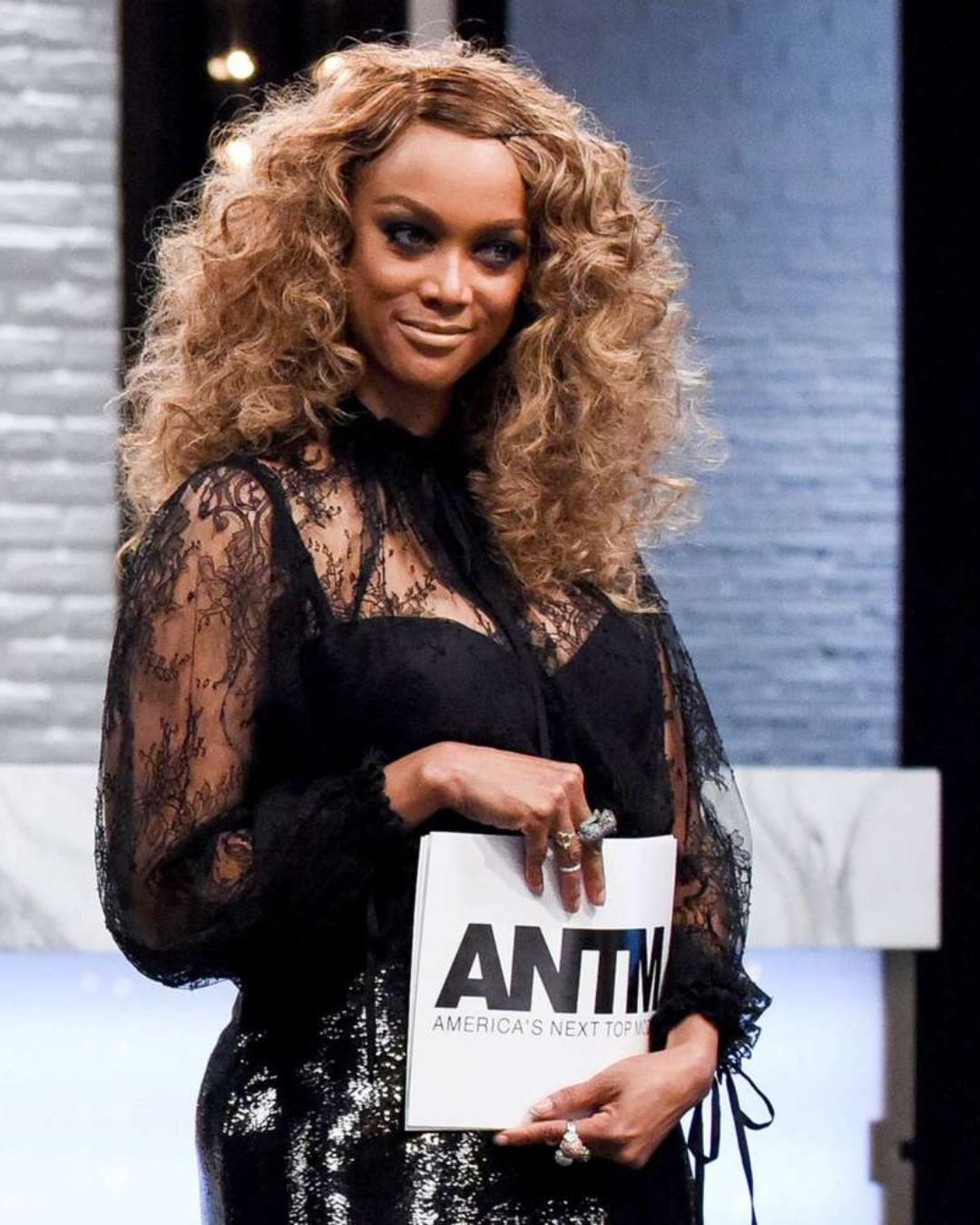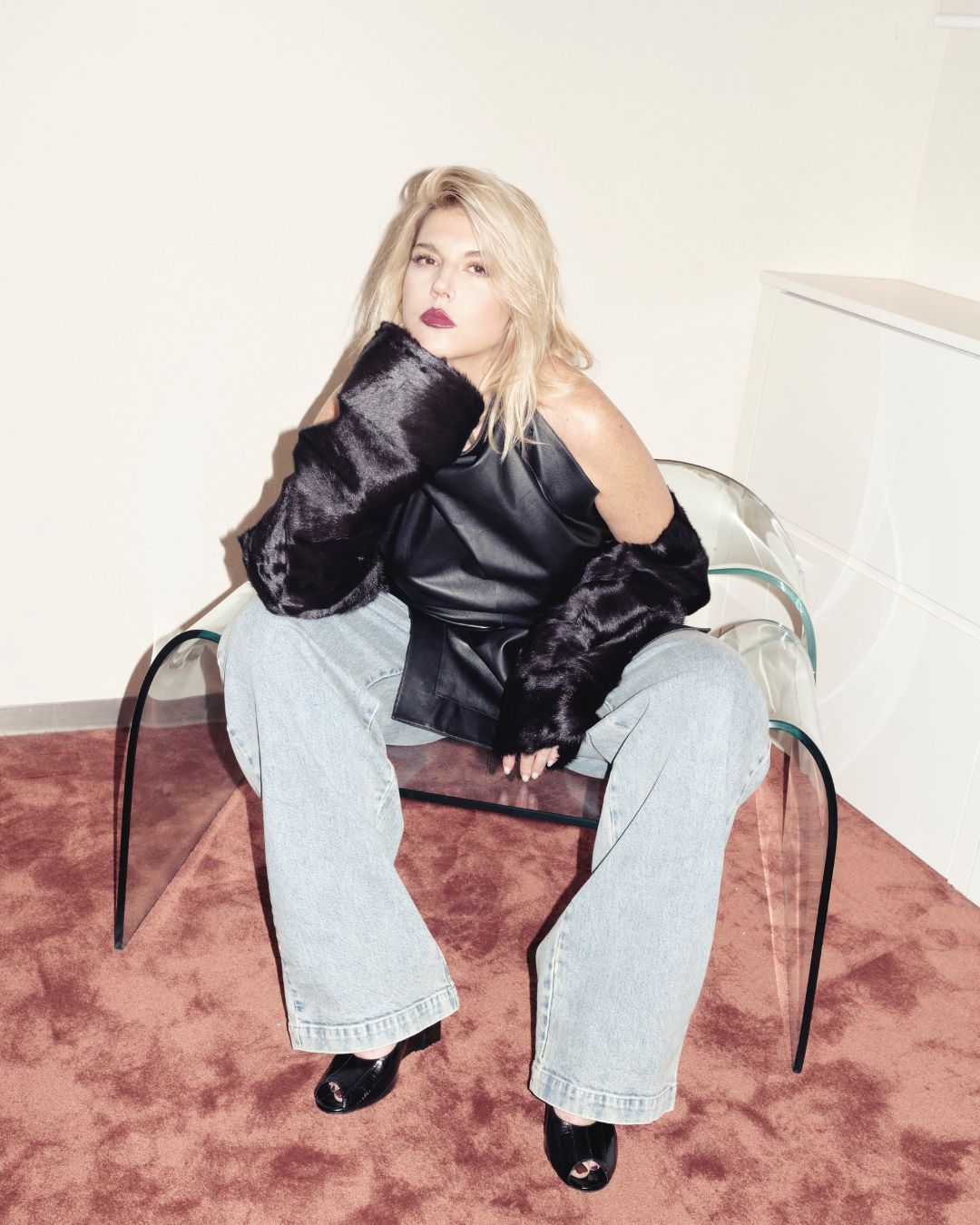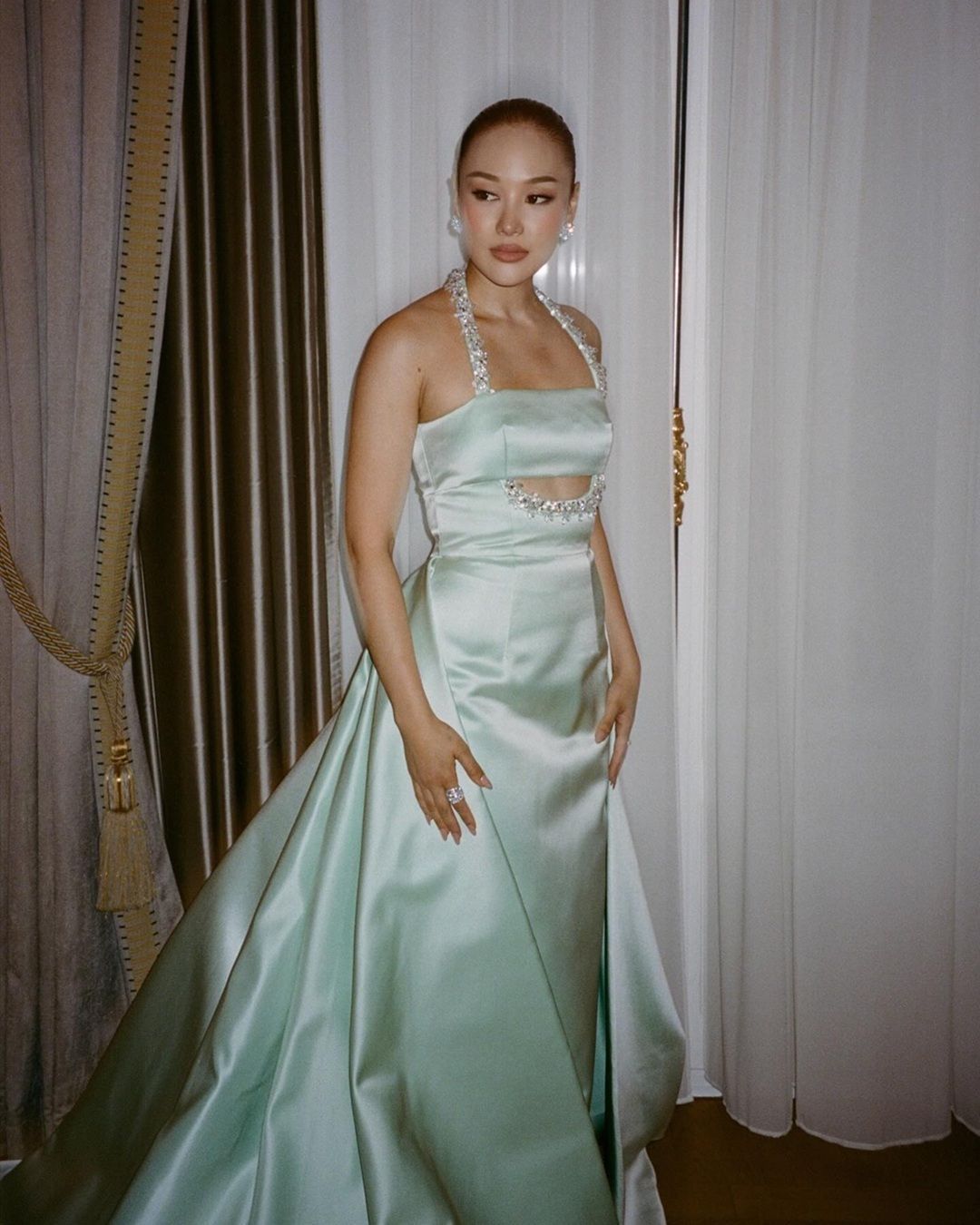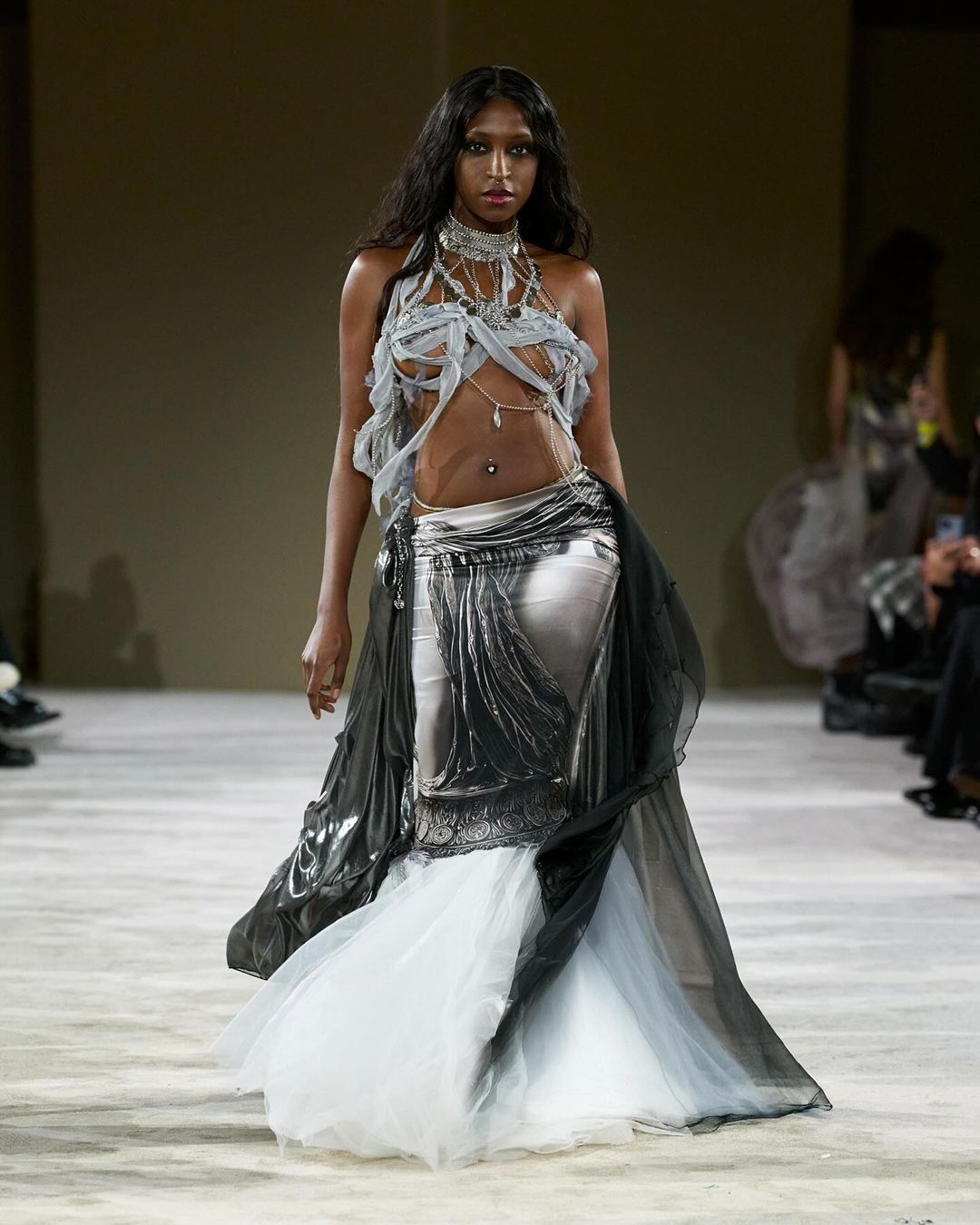
Afro hair swim caps are banned from Tokyo Olympics The International Swimming Federation bans their use, sparking a debate about the lack of diversity in the sports world
The International Swimming Federation is at the center of a controversy for denying Soul Cap, a brand that specializes in Afro hair caps, the certification necessary for its products to be used at Tokyo 2020 and other lower-level competitions. The reason is not that the item improves the performance of the wearer in competition, but, as stated in the official statement, is that it does not fit "the natural form of the head" and that "best knowledge the athletes competing at the international events never used, neither require … caps of such size and configuration."
We believe that it confirms a lack of diversity in (the sport) - Danielle Obe, founder of the British Association of Black Swimmers, told The Guardian, pointing out that originally, the cap (designed by Speedo 50) was created for Caucasian hair and that, therefore, did not work for voluminous hair - We need the space and the volume which products like the Soul Caps allow for. Inclusivity is realising that no one head shape is "normal."
If, as The Guardian points out, only 2% of regular swimmers are Black and in England 95% of Black adults and 80% of Black children cannot swim, it is clear that there is an issue to deal with. Banning the use of these caps, thus, takes on extra importance because it means discouraging Afro-descendant people from swimming, feeding the common misconception that "Black Girls Don't Swim". #BlackGirlsDontSwim is also the title of a campaign and a short film made by Soul Caps in collaboration with Alice Dearing, the first Black swimmer ever to represent the UK at the Olympics.
FINA's absurd decision sparked deep disappointment among the Soul Caps team, the brand founded in 2017 by Michael Chapman and Toks Ahmed-Salawudeen with the intention to "help encourage more black women to begin swimming and to break down racial stereotypes that are attributed to the black community". The two friends, who at that time had started to attend a swimming course together, had noticed a woman with an Afro hairstyle who found it difficult to wear a standard size swimming cap. That's how came the idea of creating an accessory that could comfortably hold dreadlocks, braids, curls and all other voluminous natural hair.
After the shower of criticism received, it seems that FINA, once it realizes "the importance of inclusivity and representation of athletes from various minorities", may change its decision. In a statement released last Monday and reported by BBC, the Federation said "it is committed to ensuring that all aquatics athletes have access to appropriate swimwear for competition where this swimwear does not confer a competitive advantage". We'll wait to see how the situation evolves, but in the meantime, we wonder why the organization didn't allow Soul Caps from the start and avoid running into this example of institutional racism.































































